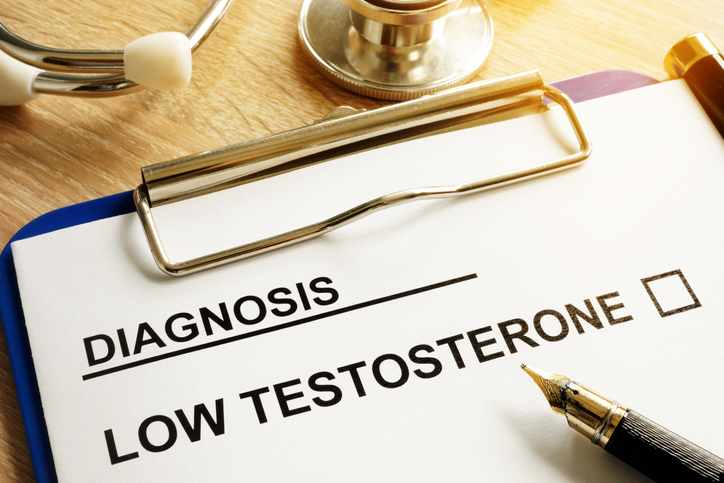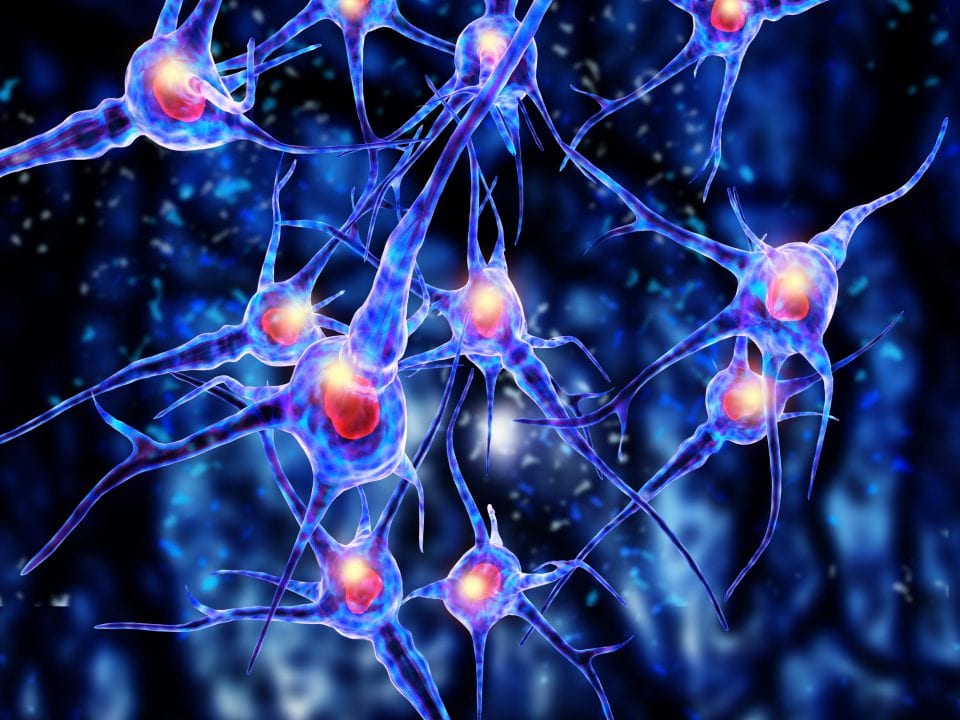Low Testosterone Symptoms to Watch Out For

Low testosterone is more common than you think, but many men commonly wonder what the threshold is – when should they worry? Sometimes, low testosterone can go unnoticed for some time because the person experiencing the symptoms doesn’t know they’re symptoms at all. With all the unnecessary stigma around sex drives and performance in the bedroom, many men are afraid to acknowledge their symptoms as potential markers of low testosterone at all. But if you’re experiencing a number of the symptoms listed in this article, we encourage you to discuss options with your doctor.
Lowered Sex Drive and Semen Volume
A low sex drive on it’s own isn’t necessarily indicative of low testosterone, but if you notice a dip in your sex drive that’s not tied to circumstance and lasts for longer than a few weeks, consider that a symptom. A consistently lower sex drive is an indicator of low T and should be monitored. Furthremore, if you’re experiencing lower semen volume during ejaculation, as well, that is another symptom to keep an eye on.
Trouble With Erection
In conjunction with the previous two symptoms, trouble achieving and maintaining an erection may also be indicators of low testosterone. It is important to note, however, that testosterone is not the only factor involved in achieving erection. In fact, it’s only one of many biological components that work together to accomplish this reaction in the body. Because of that, this symptom should be considered as an indicator of low T only when combined with other symptoms on the list.
Fatigue
The depletion of energy levels can be caused by a number of things, including low T. Fatigue that is persistent despite getting plenty of sleep and makes it more difficult to find motivation to exercise is a symptom of low T. If you’ve been feeling worn down for a while and lifestyle changes aren’t making a difference, discuss the possibility of low testosterone with your doctor.
Hair Loss
Because testosterone is so heavily embedded in many bodily functions, hair loss can be another symptom of low T. Testosterone aids in the production of hair and therefore, when combined with other symptoms on this list, testosterone levels should be measured.
Change in Body Composition
Hormone levels of all types play a part in creating and maintaining our personal body composition. Low T, however, can have many negative impacts on our individual body composition. Some body-based indicators of low testosterone include lowered muscle mass and increased body fat. Testosterone plays an important role in building muscle and maintaining lean muscle mass as well as keeping fat percentages in check. When you’re running low on testosterone, those levels can get out of balance and wreak havoc on your body composition.
Decreased Bone Mass
Osteoporosis is far more common in women, but men with low T are more likely to experience it. Because testosterone helps strengthen bones, older men with low T have lower bone volume and are therefore more susceptible to fractures.
Changes in Mood
Just as testosterone is involved in many of the body’s physical processes, low levels of the hormone can also impact mental health. If you notice a change in your mood or behavior that lasts longer than a few weeks and is accompanied by other symptoms on this list, it’s time to make an appointment.
If you’re suffering from low testosterone, getting a plan in place for treatment sooner rather than later can save you time, pain, and continued changes that impact your desired lifestyle. You have options, and when you’re ready to find out which option is best for you, the team at Revive MD is here to help.



